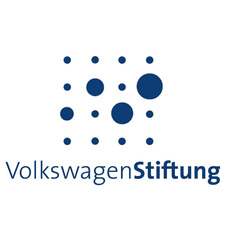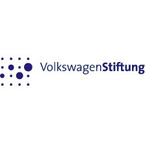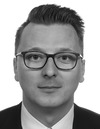The Volkswagen Foundation approved funding for the three-year project which was granted through the initiative Trilateral Partnerships – Cooperation Projects between Scholars and Scientists from Ukraine, Russia and Germany. The Institute of SME Research and Entrepreneurship of the University of Mannheim will implement it in partnership with the Institute for Economics and Forecasting of the National Academy of Science (Ukraine) and the Siberian Federal University (Russian Federation). We build on our earlier research that the trilateral team has performed together in the framework of the completed project “Technology Transfer in Post-Socialist Economies – The Case of Ukraine and Russia in Comparison with East Germany and Poland” (2016-2018), funded by the Volkswagen Foundation. We also extend the insights of the ongoing interim project “Opportunities, Trust, Incentives and Institutional Voids: Technology Transfer in Post-Socialist Economies – The Case of Ukraine and Russia in Comparison with Germany”.The project targets at a comparison between institutions, networks, their structures and dynamics, and their impact on knowledge sharing and innovation generation in the organizational field of the Green Economy in Ukraine, Russia, and Germany. We aim to contribute to the literature that links inter-organizational networks, institutions and innovations. While prior research has separately pointed to the influence of institutions and inter-organizational networks on a firm’s innovativeness, less is known about how institutions and networks interact in different institutional settings. These patterns, in turn, influence the knowledge flows and thereby the emergence and diffusion of innovations, eventually, the institutionalization of industries. The emergent Green Economy context is a promising setting to evaluate the impact of institutional embedding of networks on innovations, because tackling global challenges such as environmental pollution, climate change and finite resource availability, is seen as a central challenge for policy makers, businesses and civil society worldwide. We intend to focus on the renewable energy sector and organic agriculture to examine the problematic topic of innovative performance of firms, empirically analyze their patent-related behaviour, and investigate formal as well as informal forms of collaboration, by combining quantitative and qualitative data.












